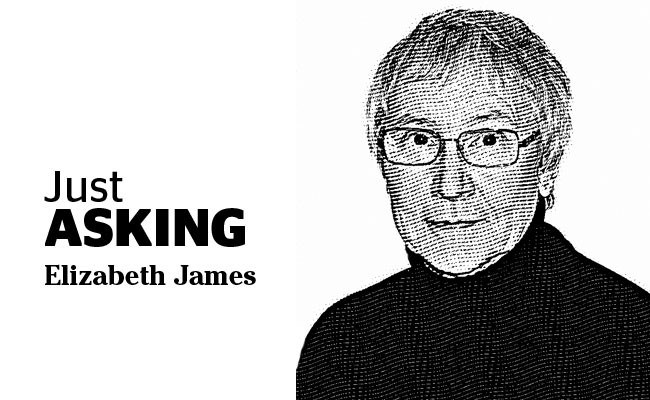“The thousands of children with autism in B.C. deserve access to applied behaviour analysis — the single, most research-supported treatment. However, the need for ABA services is far out-stripping the supply of certified analysts who can provide it.”
— Richard A. Stock, Capilano University
Autism is a complex, genetically based neurobiological condition that, mildly or severely, affects about one in 68 children across North America. Although incidence appears to be on the rise that may well be due to evolving diagnostic guidelines.
More definitively known as autism spectrum disorder, symptoms usually become apparent when the child is around age two. While there is no known “cure” in the usual sense of the word, early and consistent teaching intervention with applied behaviour analysis has been proven to have a significant beneficial effect on the lives of affected individuals.
ABA, or Applied Behaviour Analysis, is a science-based intervention that teaches the communication, social, academic and functional skills necessary to enable a child or adult with autism to reach their full potential.
Autism Canada says these behaviour modification techniques can be used by every member of the care “team” — parents, counsellors and ABA practitioners.
So the question now becomes: how do we increase the number of certified analysts who can both practise the art and teach ABA basics to family members and other caregivers, to enable them to use them in their daily interactions with their affected child?
Happily, the answer for today’s North and West Vancouver parents is that there are some impressive programs and people resources right on their doorstep: Co-ordinated by professor Richard Stock, the ABA-Autism program at North Vancouver’s Capilano University offers a unique bachelor’s degree and post-baccalaureate diploma in ABA and autism.
“We are attracting students from across B.C. and Alberta and help to connect student therapists with families,” Stock explained when we met.
“In that way, we build practicum placements and, ultimately, increase local ABA service capacity to meet the needs of families and children with autism,” he said.
In addition, Stock says the CapU program generates a 100 per cent employment rate for graduates.
In their November 2015 paper published in BMC Pediatrics, “Intense Parenting: A Qualitative Study Detailing the Experiences of Parenting Children with Complex Care Needs,” University of Manitoba professor Roberta L. Woodgate and her co-authors noted that, “Overall, parents of children with complex care needs take on more roles and work more intensely at those roles than parents of healthy children.”
Do they ever!
Autism was not the focus of the Woodgate study. Yet, for parents like Anne Millerd and Capilano ABA graduate Allison Angus, that comment is remarkably relevant when applied to families affected by the disorder.
The North Vancouver parent of a teenage son with autism, Anne has taught school in North and West Vancouver, continues to provide her son with ABA tutoring and has also taken some ABA-autism courses at Capilano — all while doing the things every other parent does in a family with four children.
Allison has worked with Anne’s son since he was in Grade 3 and says she’s still on Anne’s “home team.” She has graduated from Capilano’s ABA bachelor’s program and, in addition to working with the Vancouver Canucks’ Autism Network, is currently focusing on autism and ABA as she pursues her master’s degree in special education at UBC with a view to pursuing her interest in supported employment.
If the thought of all those years of dedication and intensity leaves you breathless, you are not alone.
Acknowledging it was a challenge to keep Anne’s son interested, Allison says, “he’s just like any other kid who isn’t that motivated by school work.
“I was so excited when he began to read independently; when he began to read the street signs from the car, I nearly drove off the road!” she said.
Allison says she feels nothing but pride as she watches her pupil grow — “he is so motivated to be a part of the work force and become independent.”
“When you work in a family home, you are working with the entire family, not just the child with ASD. Watching him and his siblings grow from little kids into mature, successful teenagers is definitely the best reward,” she said.
In 2004, the Supreme Court of Canada struck down a July 2000 B.C. Supreme Court decision that ABA was a medically necessary intervention that should be funded by government.
Today, having heard about its results with Anne’s son, I have to believe that a challenge to both courts to declare ABA instruction to be a fully funded educationally necessary program might just succeed.
Readers who would like to learn more about ABA are invited to attend the BC Applied Behaviour Association conference to be held at Capilano University on March 11 and March 12. [email protected]
After 16 years with the multi-disciplinary Perinatal Programme of B.C. and later in various endeavours in the growing high-tech industry, Elizabeth James now connects the dots every second Wednesday on local, regional and provincial issues. She can be reached via email at [email protected].
What are your thoughts? Send us a letter via email by clicking here or post a comment below.



